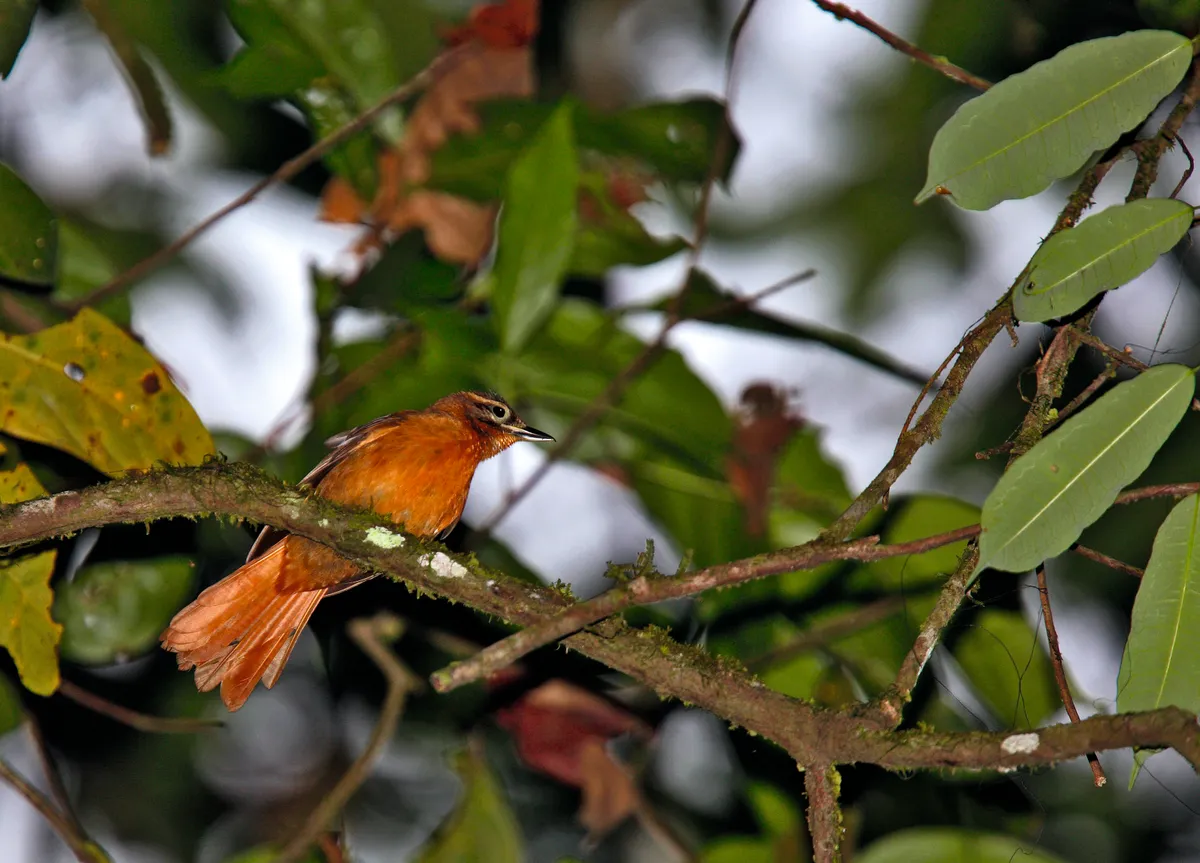An unprecedented loss of bird populations around the world is being driven by increasingly destructive human impacts, say scientists in a stark new global review.
Half of all the world’s 11,000 bird species are undergoing population declines, while just six per cent are increasing, according to BirdLife International’s State of the World’s Birds report.
With the best available data coming from North America and Europe, almost 3 billion individual birds have been lost in North America since 1970, with a loss of up to 620 million individual birds across Europe since 1980.
The review identifies the key human activities having a negative impact on birds, from the destruction of natural habitat and the climate crisis to pesticides, pollution and invasive species.
The fate of the world’s birds is viewed as a valuable barometer as to the state of the natural world. “We use birds as indicators of the health of global ecosystems because we know more about birds than any other group of animals,” explains ornithologist Alexander Lees, lead author of the study from Manchester Metropolitan University.
With the continuing collapse of natural habitats, the review warns that the world is entering a period of unparalleled change.
“We are now witnessing the first signs of a new wave of extinctions of continentally distributed bird species, which has followed the historic loss of species on islands, like the Dodo,” says Lees.

The near-total destruction of the Atlantic forests of north-east Brazil for sugar cane production, for example, has led to the extinction of three endemic bird species within the past two decades: the Pernambuco pygmy-owl; the Alagoas foliage-gleaner; and the cryptic treehunter.
Despite the plentiful bad news, the review nonetheless highlights conservation success stories such as that of the black-browed albatross, where mitigation measures have reduced albatross bycatch fatalities in the hake trawl fisheries of South Africa by up to 99 per cent.
“The good news is that conservation does work, and we have turned various species away from extinction through conservation,” says Lees, adding that people have a vital role to play in reversing the decline in bird populations.
“The decisions we take on a daily basis as individuals over what we buy and eat all add up to the human impact on the planet.”
Main image: The secretary bird has been classified as endangered because recent evidence from across its range suggests that its population is experiencing severe declines, probably owing to habitat degradation, disturbance, hunting and capture for trade. © Alexander Lees

